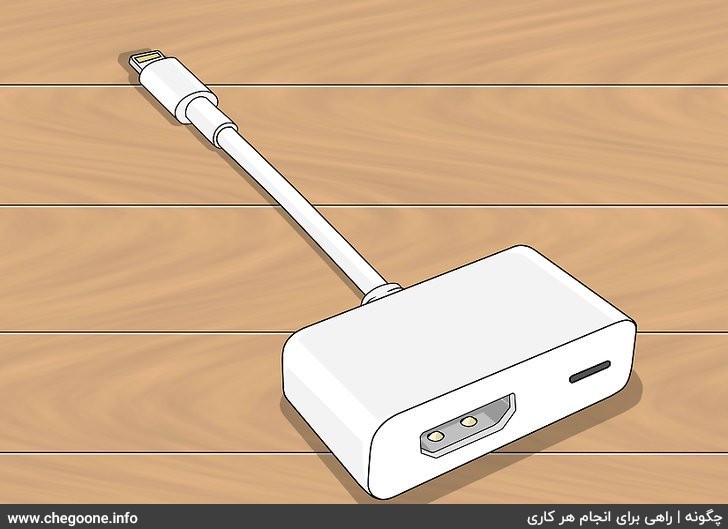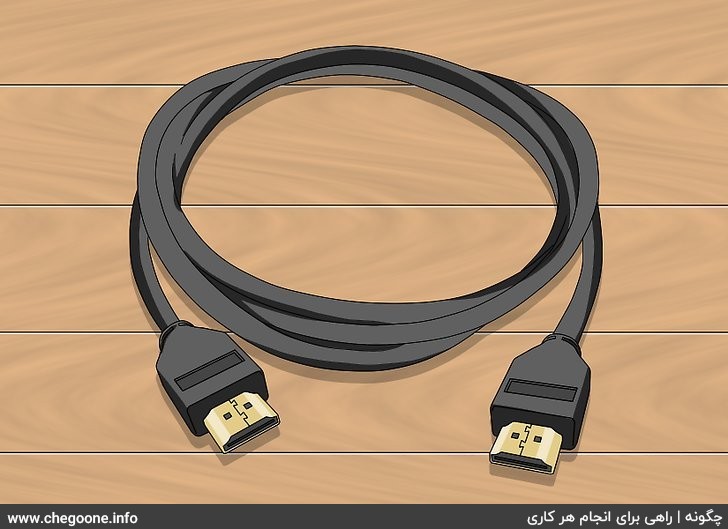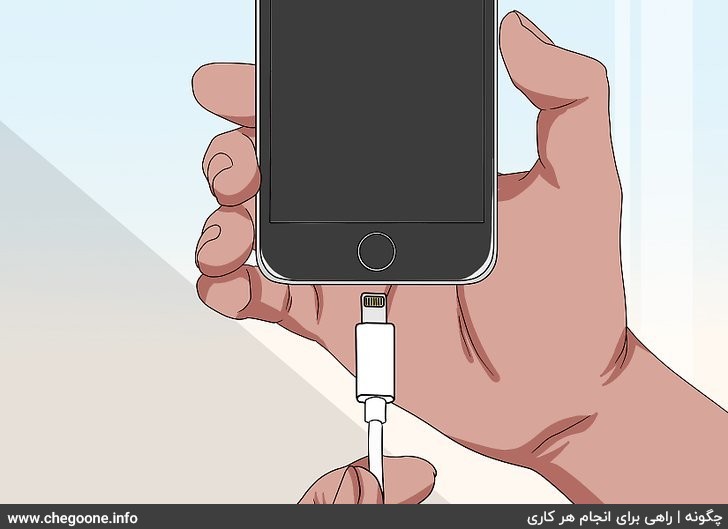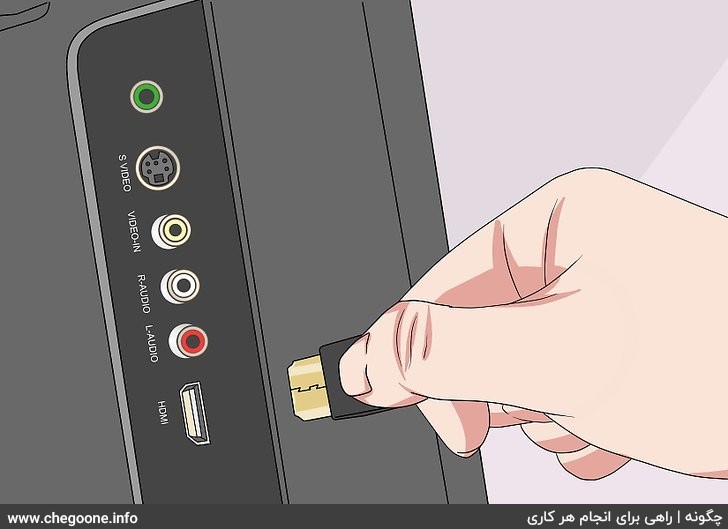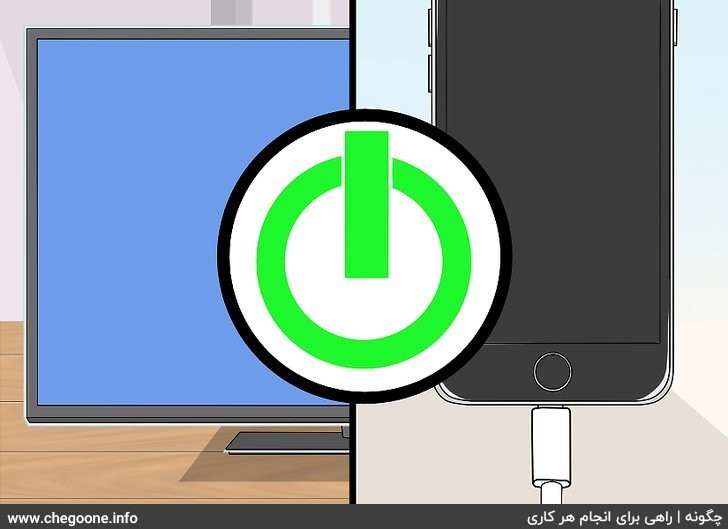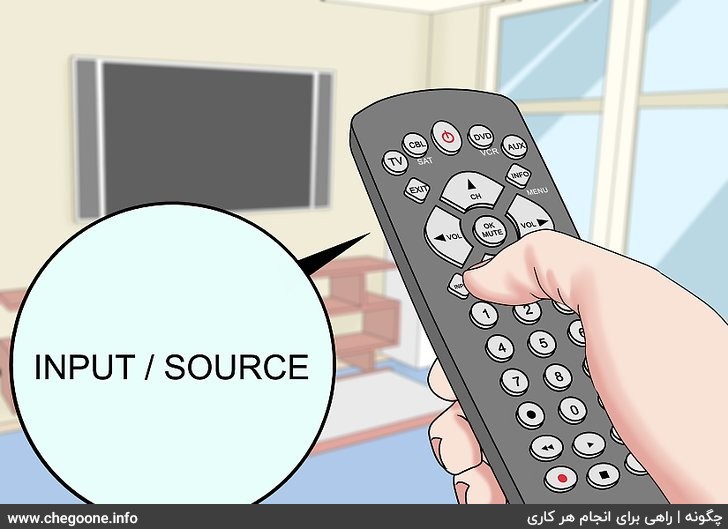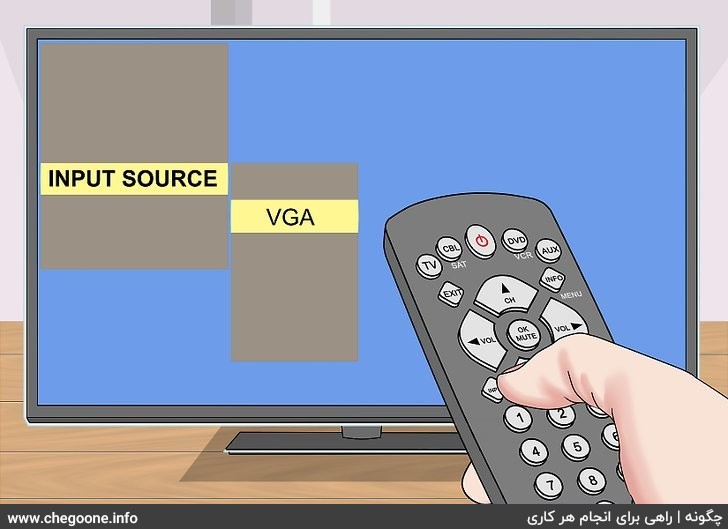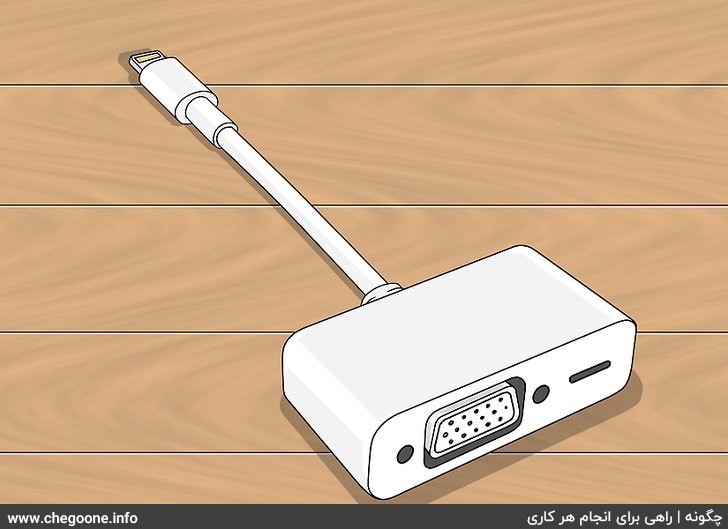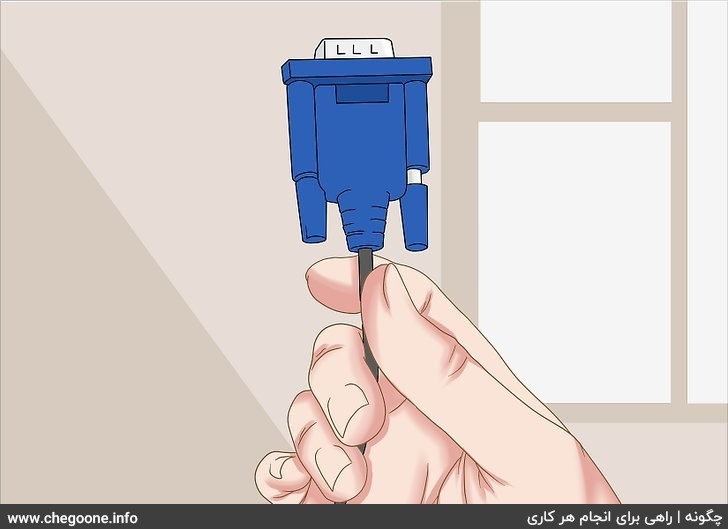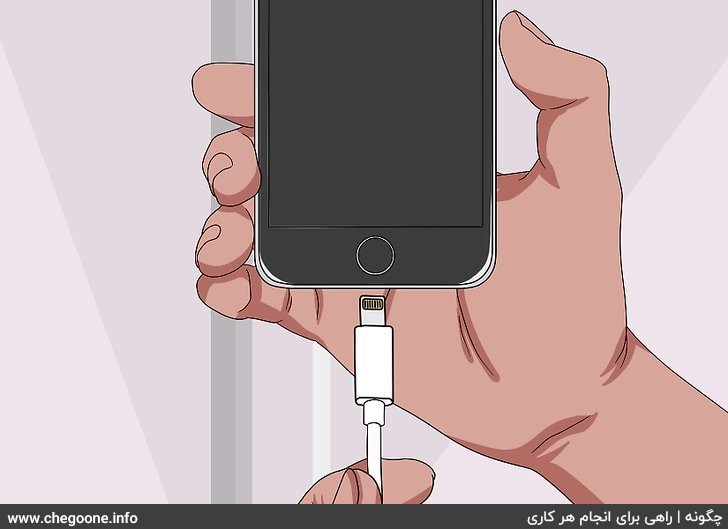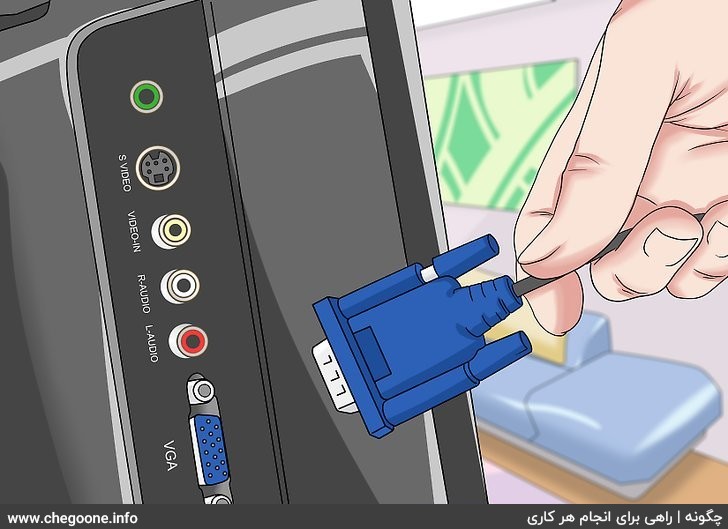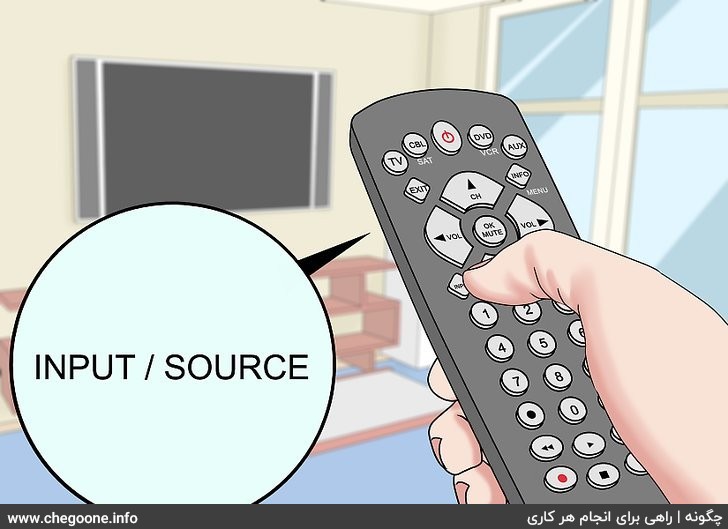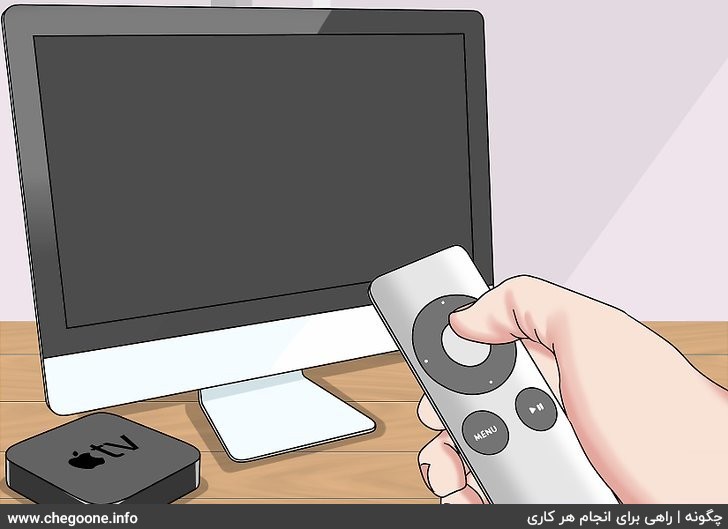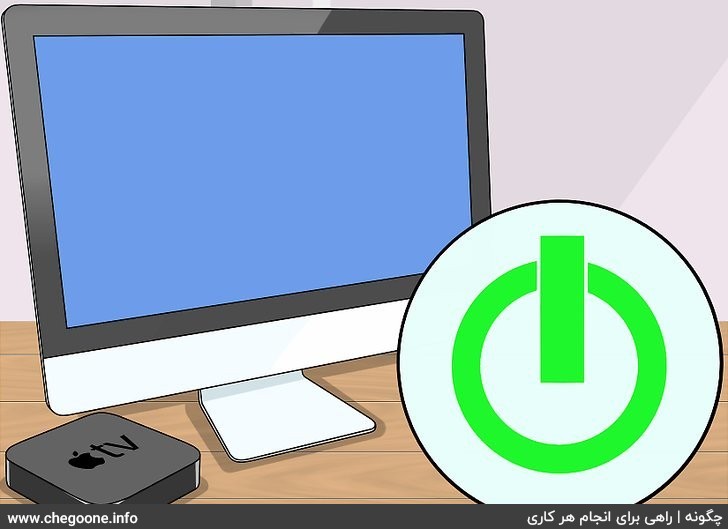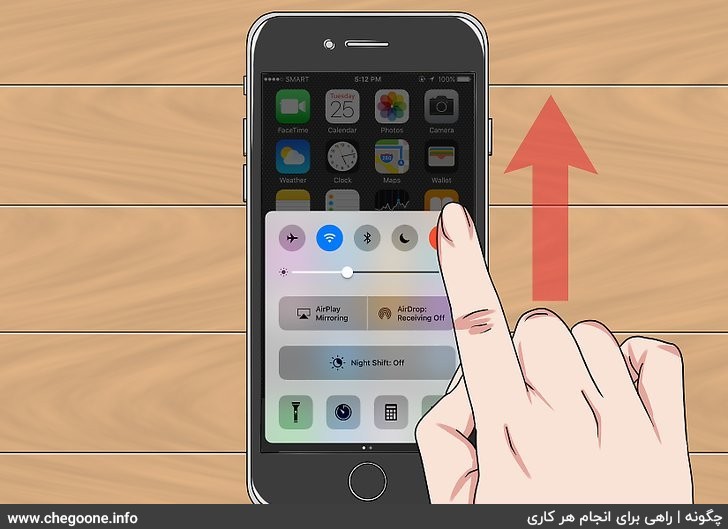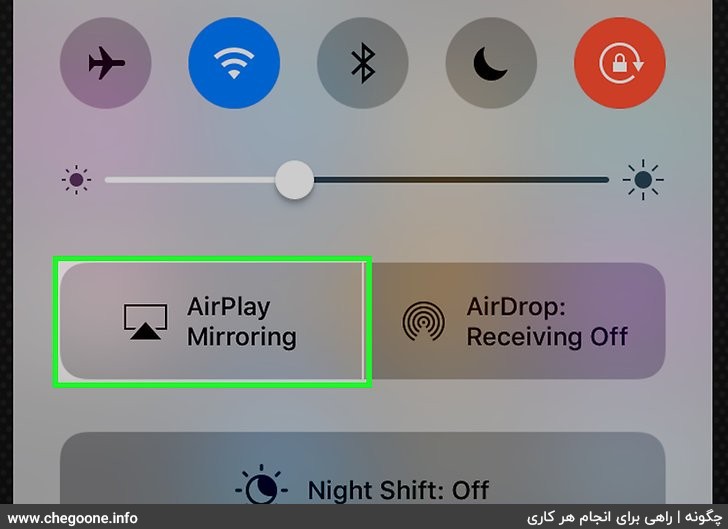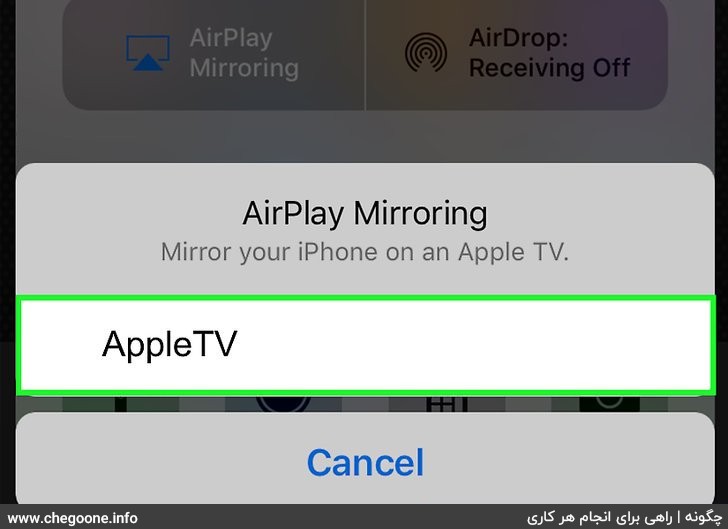Connecting the phone and tablet to the TV is considered one of the topics that has been receiving the attention of users and those interested in watching movies, series and music videos in recent times. Imagine that while running the YouTube program on your smartphone, you can portray the clip you want on the big screen of the TV and ask everyone in the house to watch that clip.
This article will teach you how to connect your iPhone to a TV using an adapter or converter, along with an HDMI cable or analog cable or Apple TV with AirPlay. So, in the information technology section How be with us.
1. Get an HDMI adapter or Lightning to HDMI converter.
Apple manufacturers or various other companies offer Lightning to HDMI converter adapters that connect to your iPhone’s charging port. You can get them from accessory stores.
- Only iPhone 4 or newer can connect to your TV via HDMI.
2. Get an HDMI cable.
3. Connect the HDMI adapter to your iPhone.
4. Connect one end of the HDMI cable to the adapter and the other end to the HDMI port on the TV.
- HDMI ports are typically located on the back or sides of a TV.
- Pay attention to the HDMI port number. The label will be on TV.
5. Turn on your TV and iPhone
6. Find and press the TV input selector button.
This button is on the remote control or TV, and its name is usually “input” or “source”.
7. Select the HDMI port your iPhone is connected to.
The iPhone is connected to the TV.
- The screen will be mirrored exactly on iPhone 4S or later. On the iPhone 4, you’ll see a black screen until you launch an app like TV or YouTube with video output.
0 to 100 free Apple ID creation
1. Get a lightning to analog (or vga) converter.
- On an iPhone 4S or later, you’ll need an adapter with a 30-pin connector on one end and red, white, and yellow analog plugs on the other end.
- On an iPhone 5 or later, you need a VGA converter. If your TV does not have a VGA port, use method 1 or 3.
- Note: VGA does not transmit audio. You need to run the sound from the headphone jack of your iPhone. So on iPhone 7 and above, it is recommended to use HDMI.
2. Get a composite or VGA cable.
This is a cable with two blue ends that you probably used to connect the monitor to the computer case.
3. Connect the adapter or analog converter to your iPhone.
4. Connect one end of the analog cable to the adapter and the other to the TV.
- Match the color of the composite jacks and plugs: insert the yellow (video) plug into the yellow jack, and the red and white (audio) plugs into the audio jacks.
- Note the port number labeled on the TV.
5. Turn on the TV and the iPhone
6. Find and press the TV input selector button.
This button is on the remote control or TV, and its name is usually “input” or “source”.
7. Select the composite or VGA port your iPhone is connected to.
Your iPhone is connected to the TV.
- The screen will be mirrored exactly on iPhone 4S or later. On the iPhone 4, you’ll see a black screen until you launch an app like TV or YouTube with video output.
How to remove Apple ID permanently and completely
For iPhones
Be careful that this method generally works on new TVs.
1. Turn on your TV and switch the source to the Apple TV port.
- To connect this way, you need an iPhone X 4 or later and a second generation (late 2010) Apple TV or later.
2. Turn on your TV and Apple TV unit.
Make sure the TV is plugged into the input that the Apple TV is connected to. You should be able to see the Apple TV interface.
- If you are using Apple TV for the first time, you need to set it up.
3. Swipe up from the bottom of your iPhone screen.
4. Tap on AirPlay Mirroring.
5. Tap AppleTV.
Your iPhone screen will be seen on your TV screen.
- If you run an application that plays video output, such as Photos, TV, or YouTube, the content will appear full-screen on the TV.
Frequently Asked Questions
Is it possible to connect iPhone to TV without cable?
Yes, you can connect your iPhone phones to the TV without cables using Apple TV.
Can we connect our Apple phone to the TV with an HDMI cable?
Yes, you can connect your iPhone to the TV using an HDMI converter and cable.

